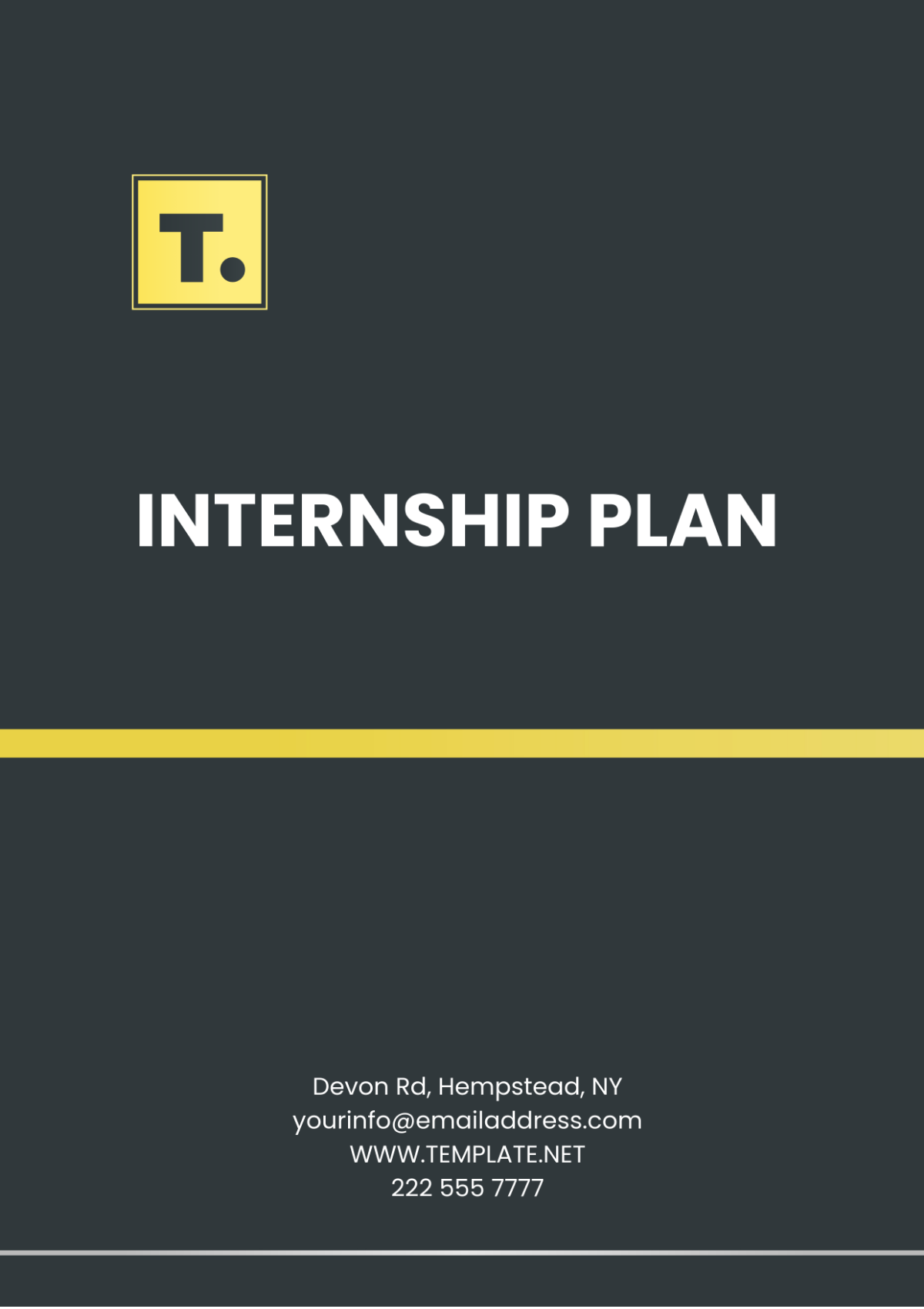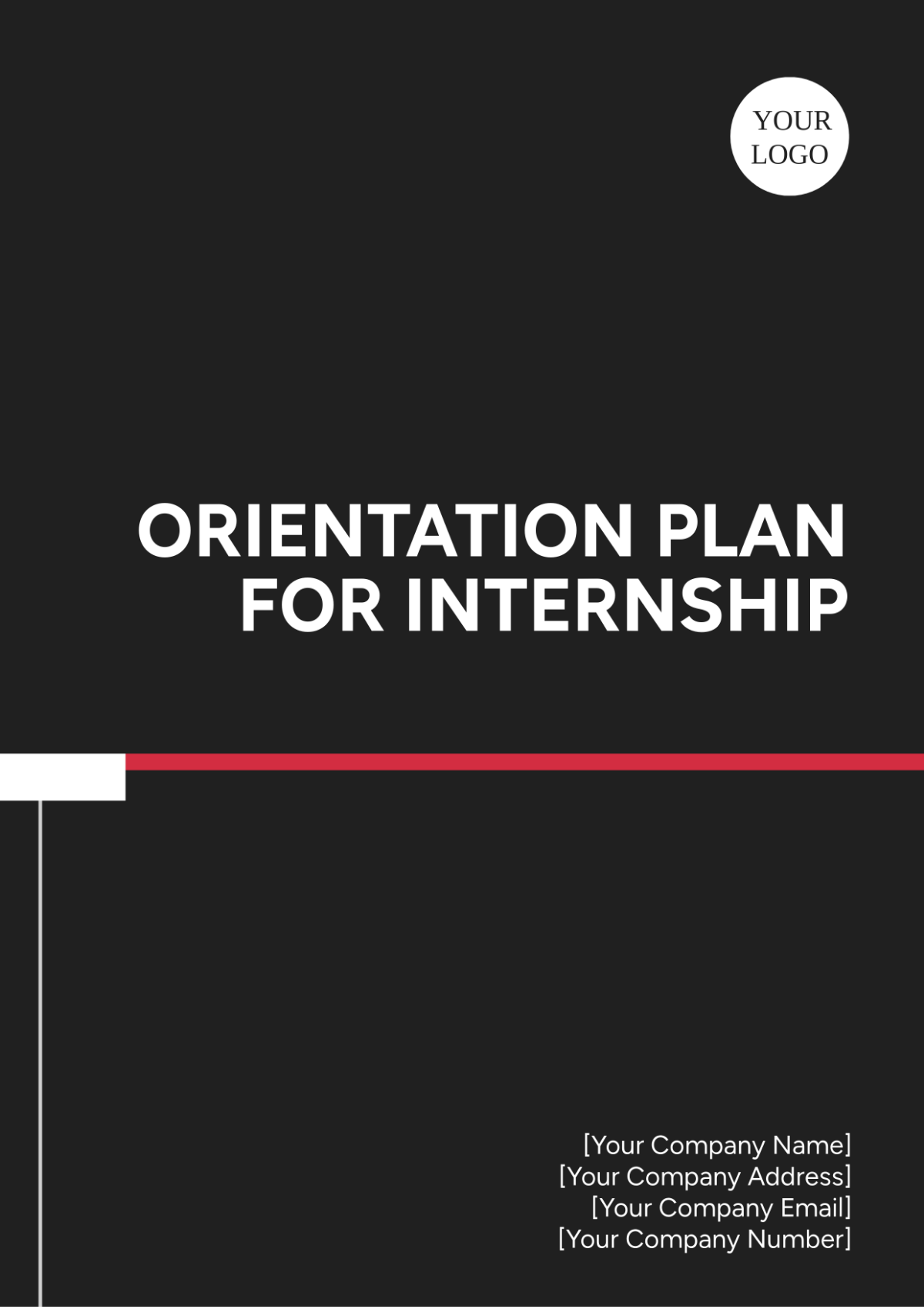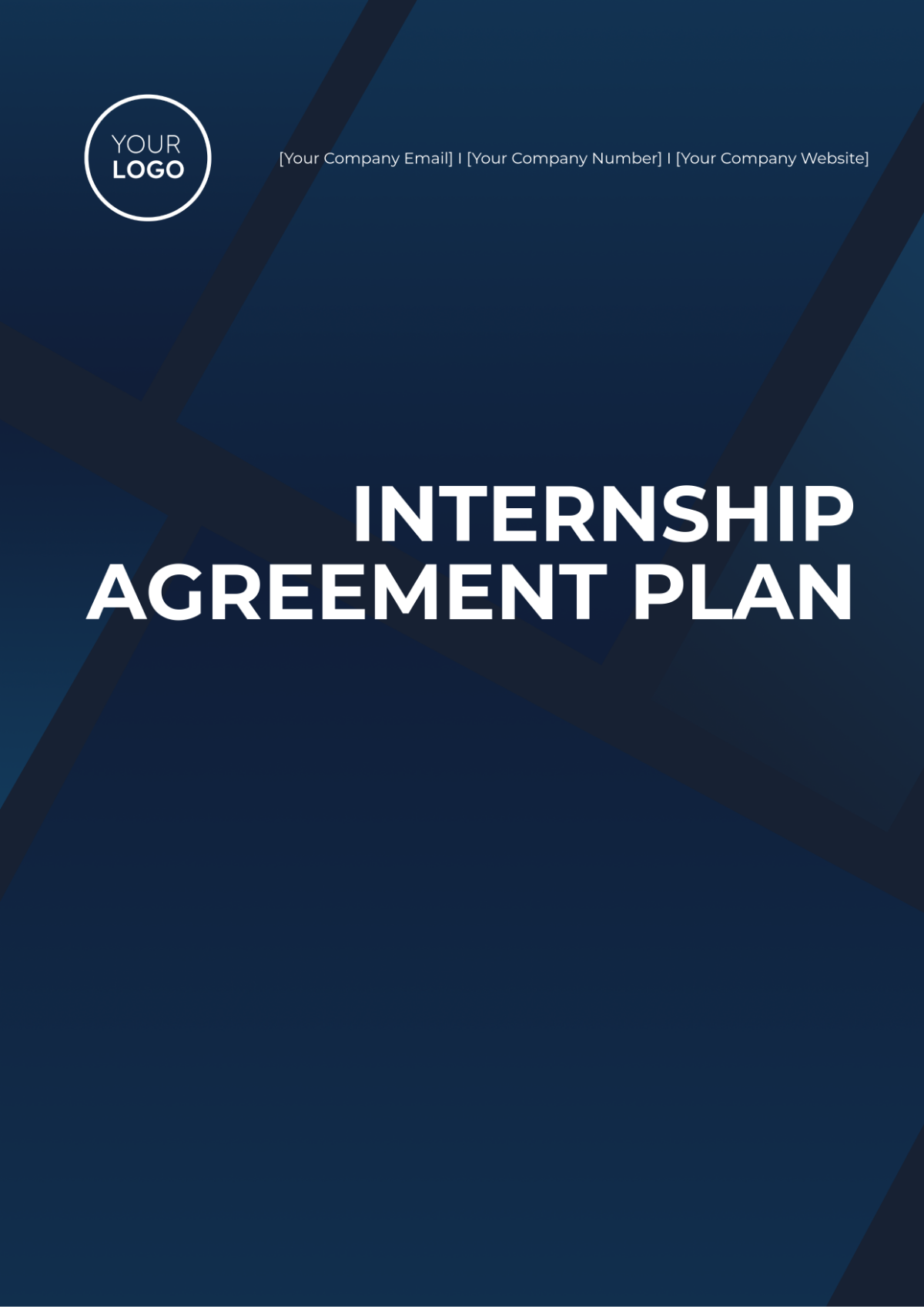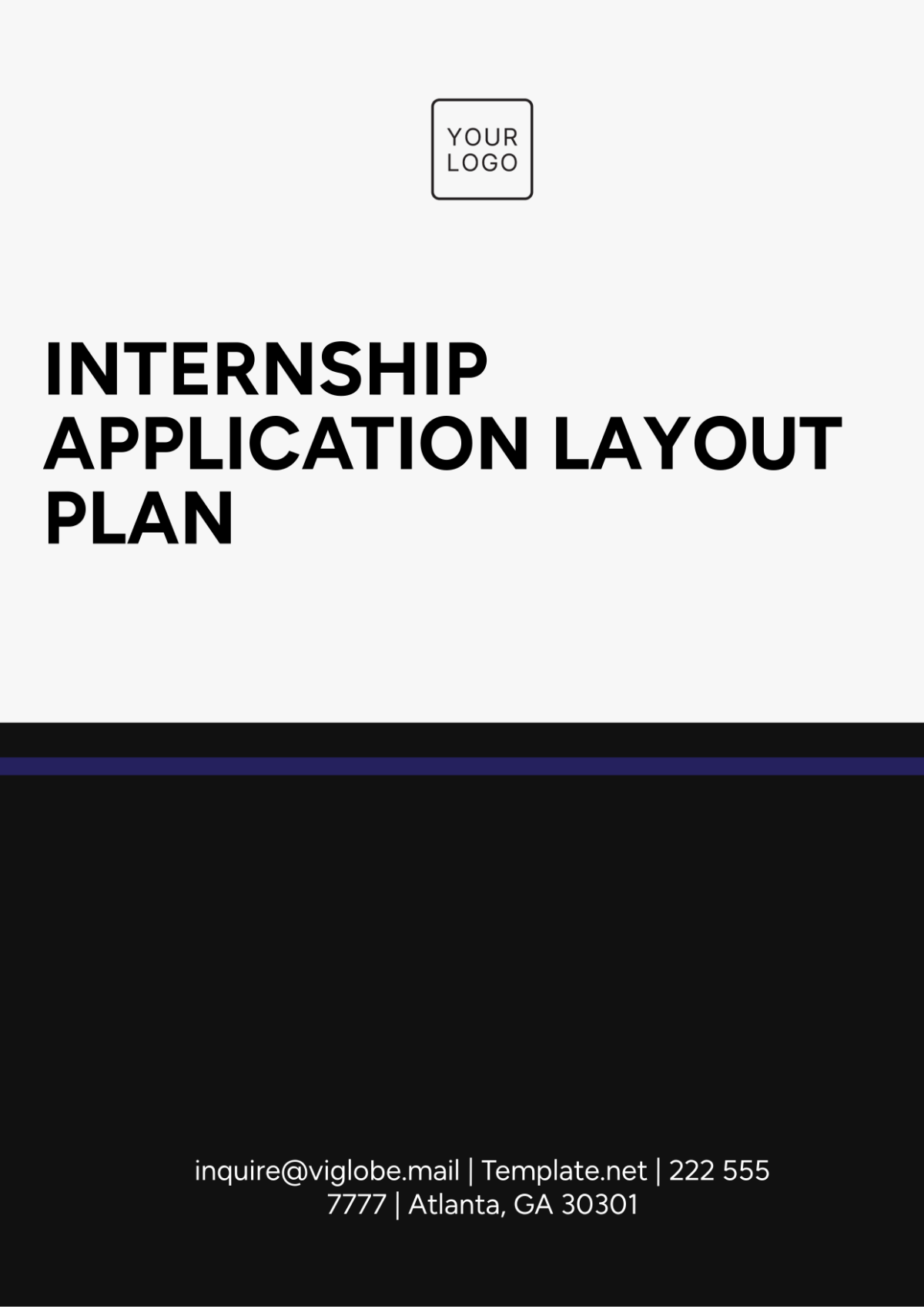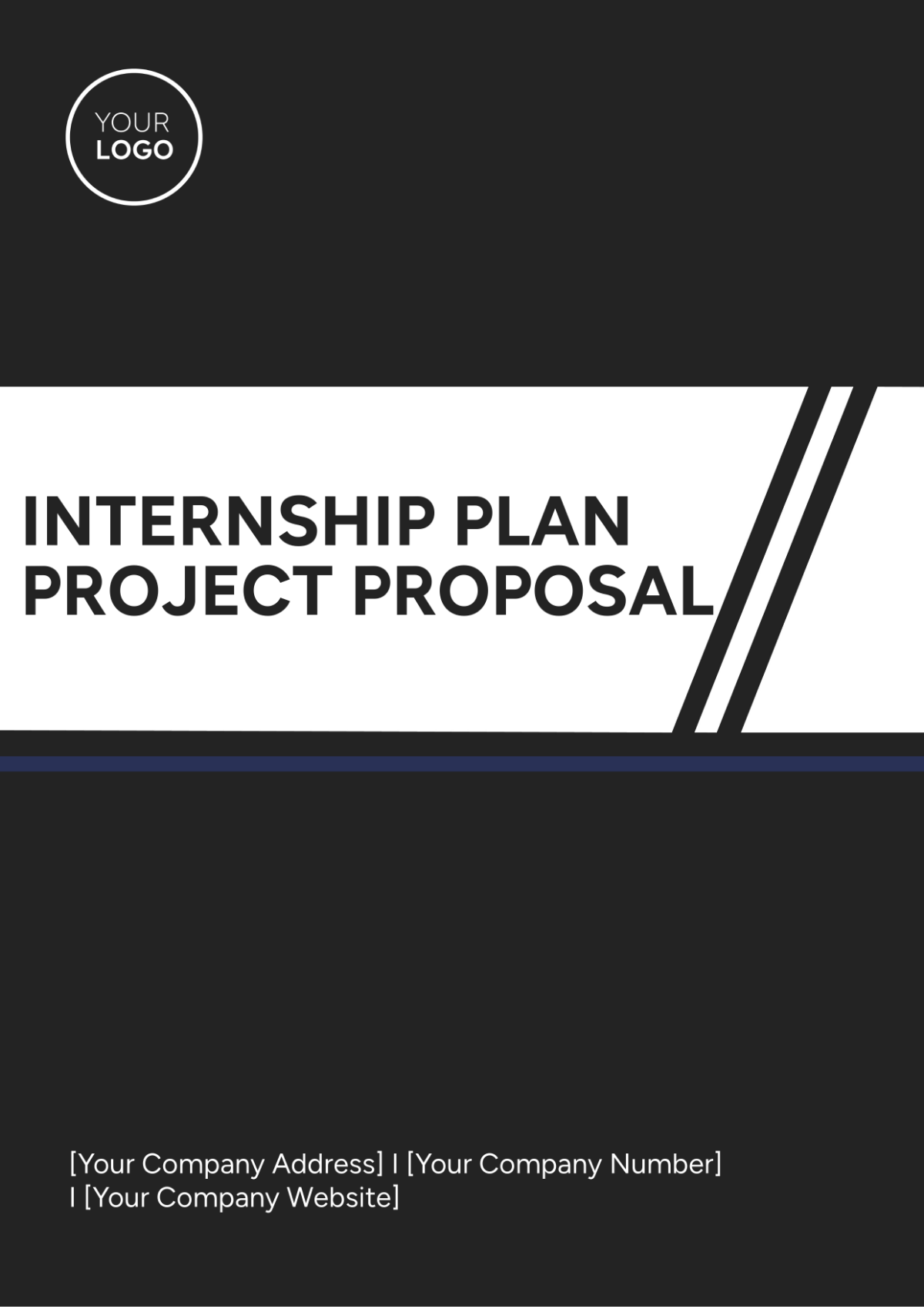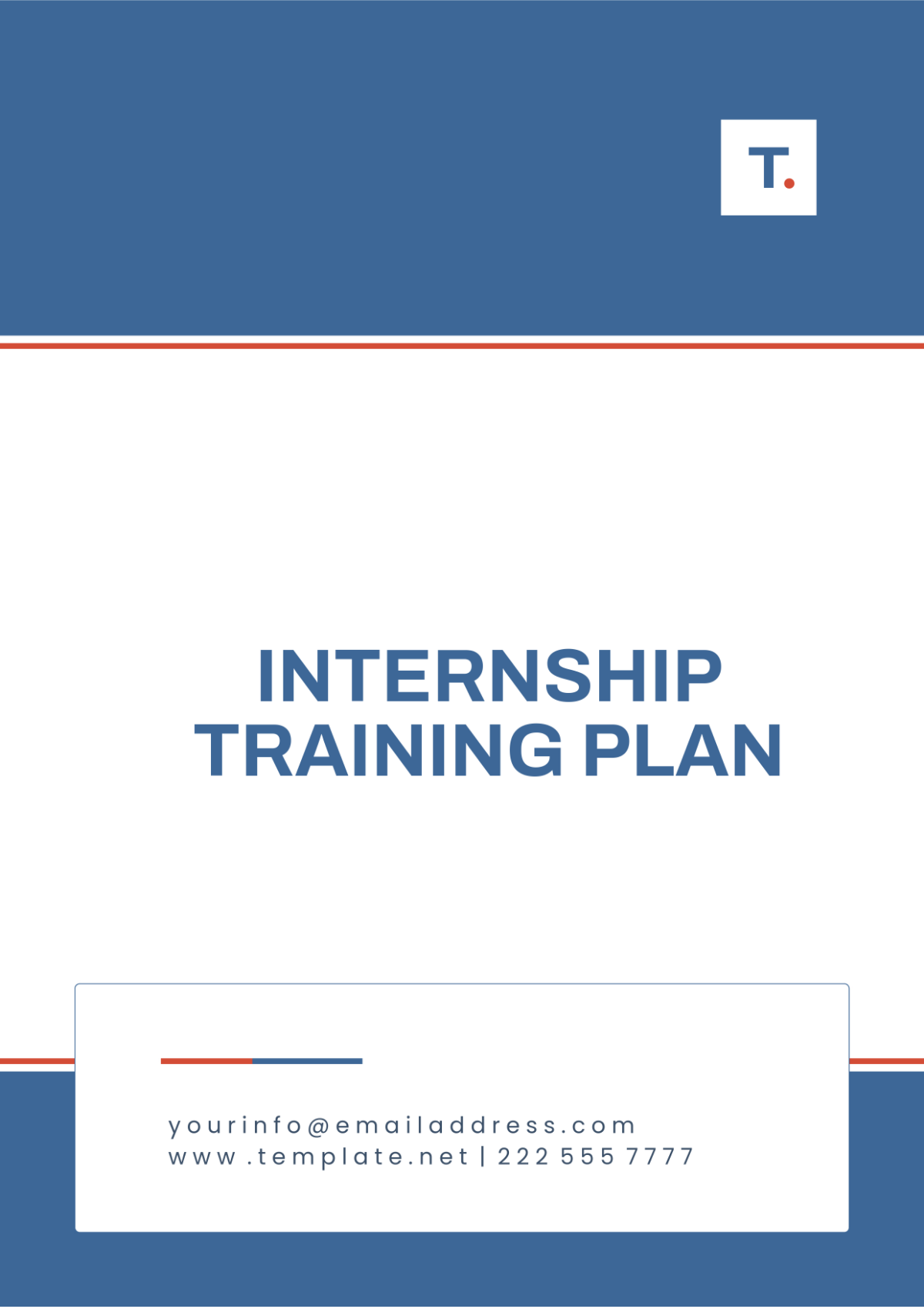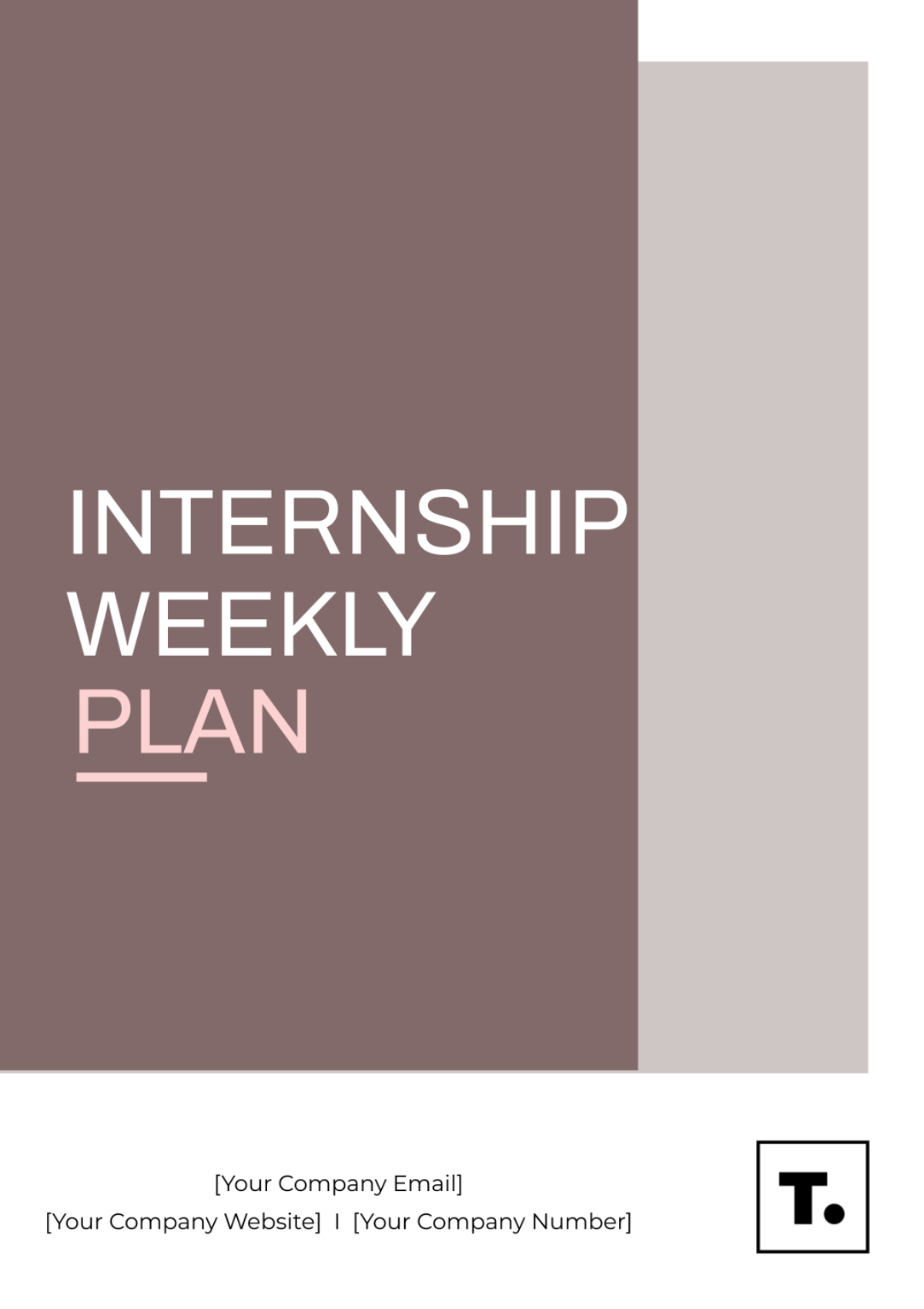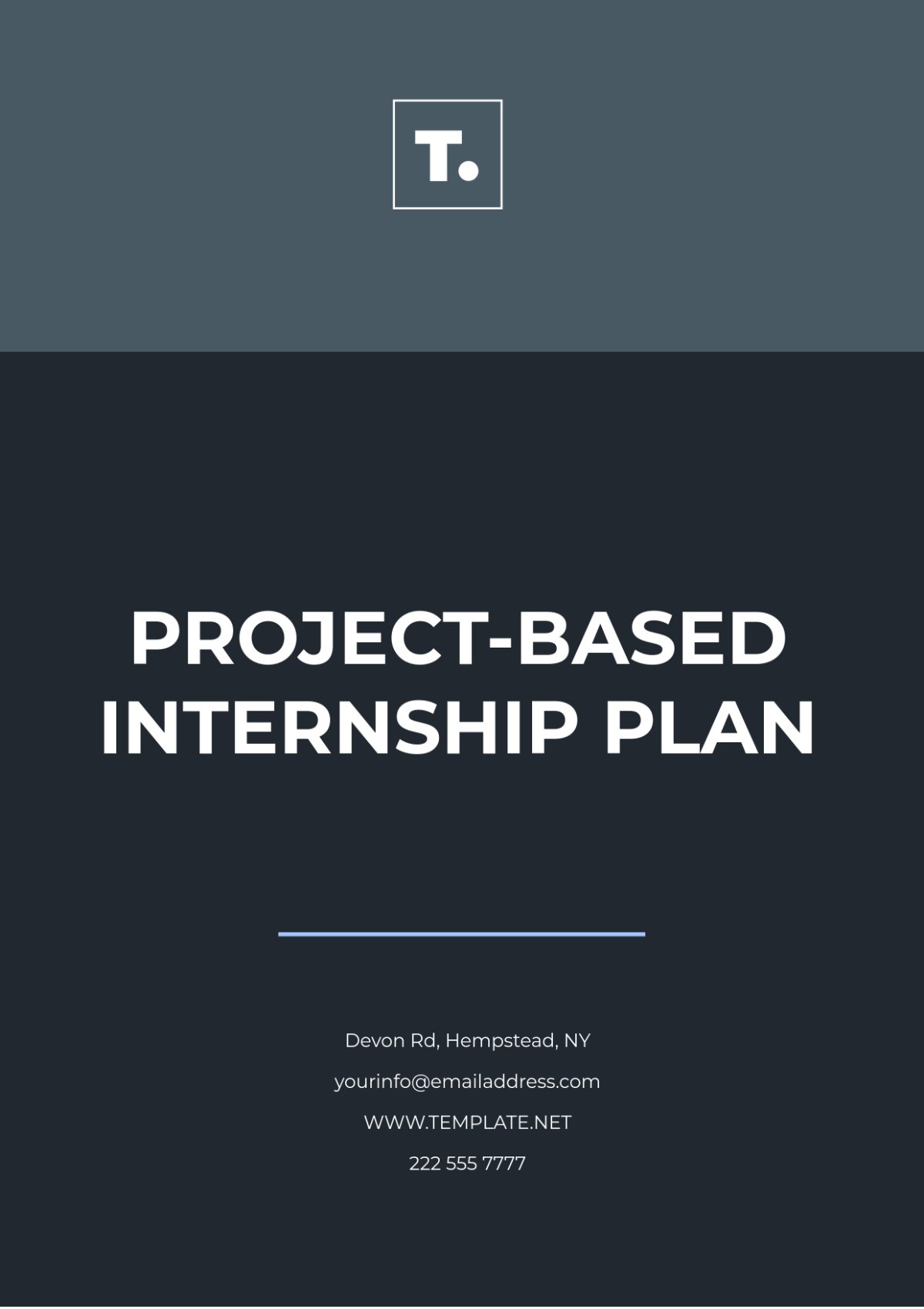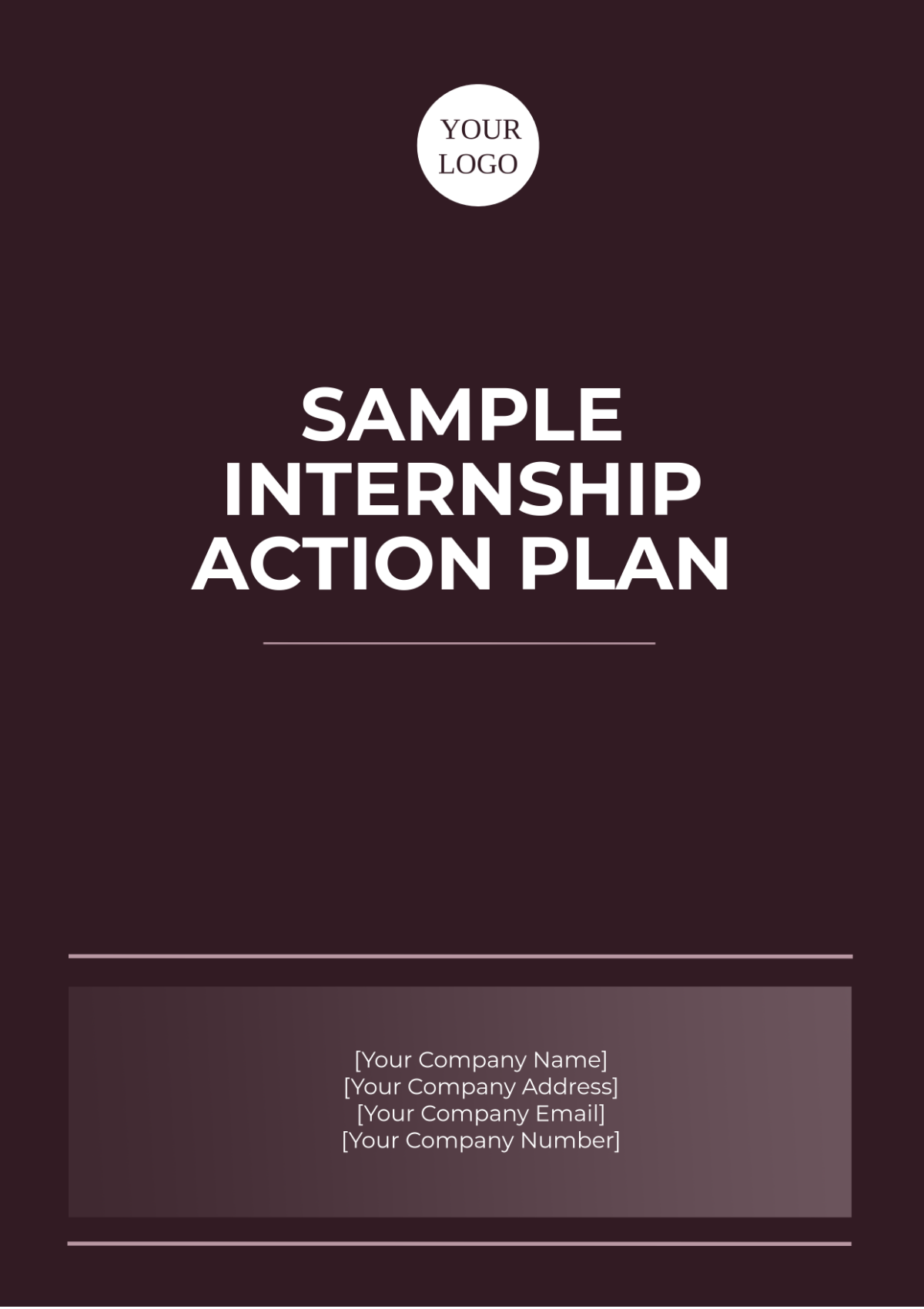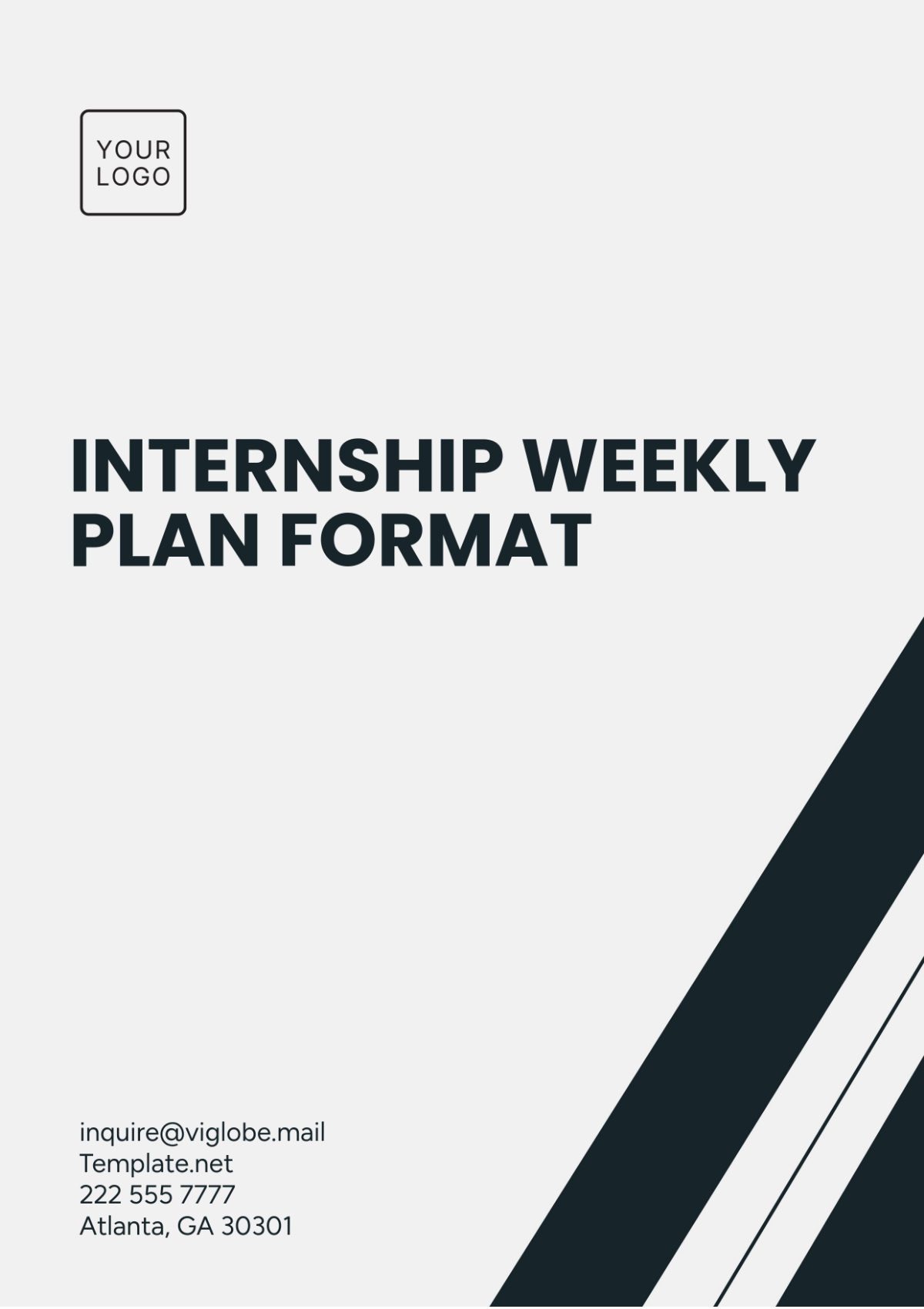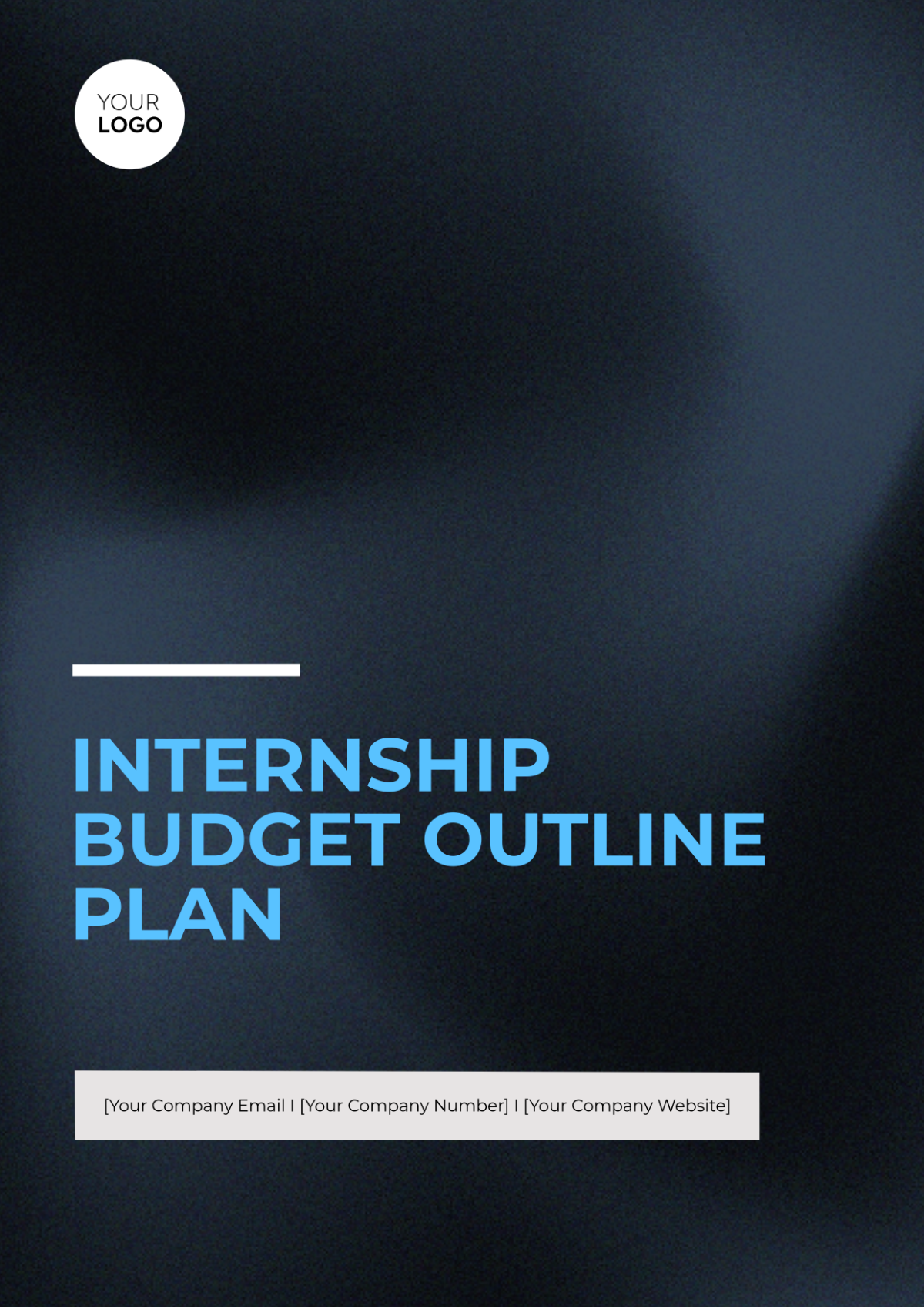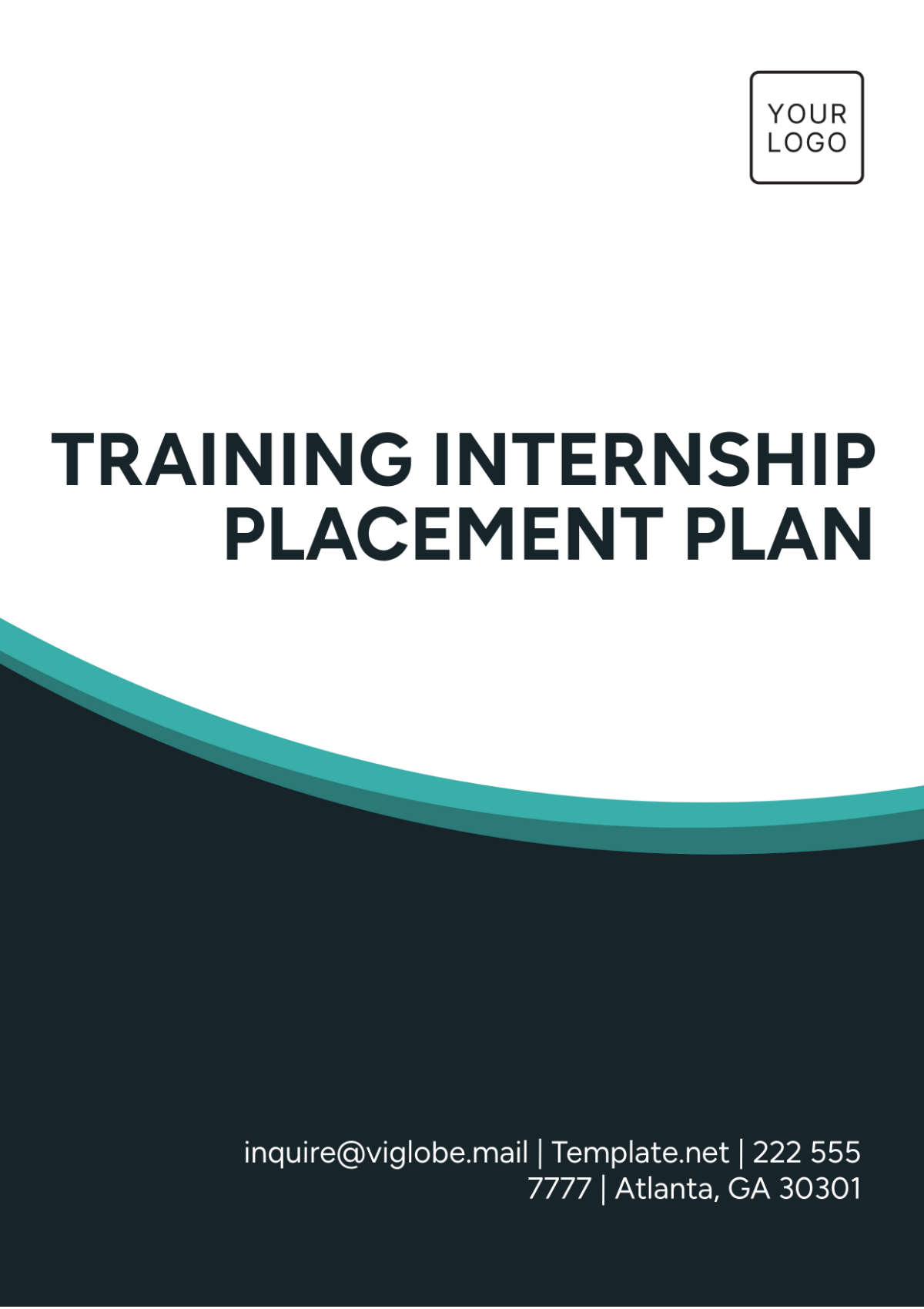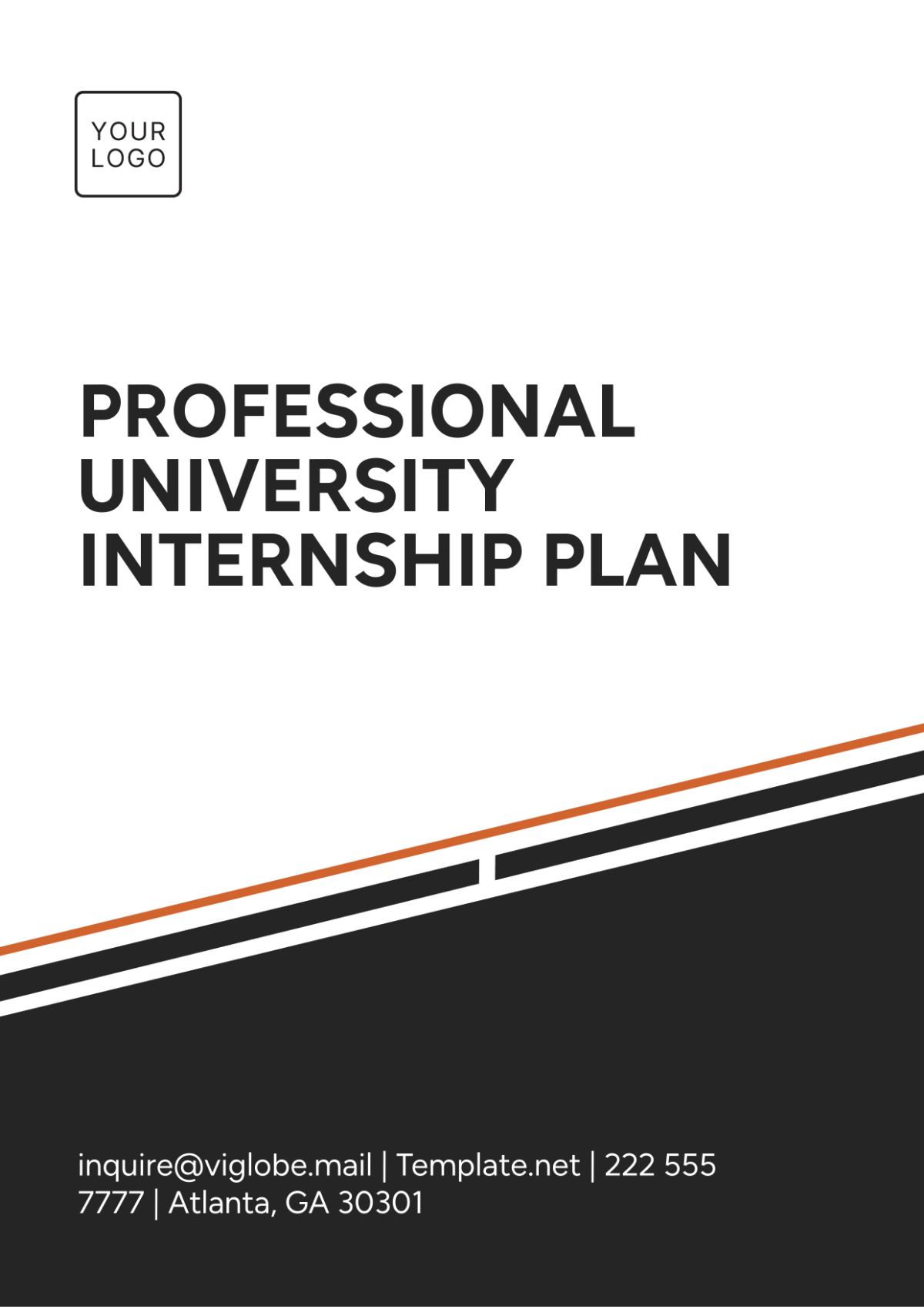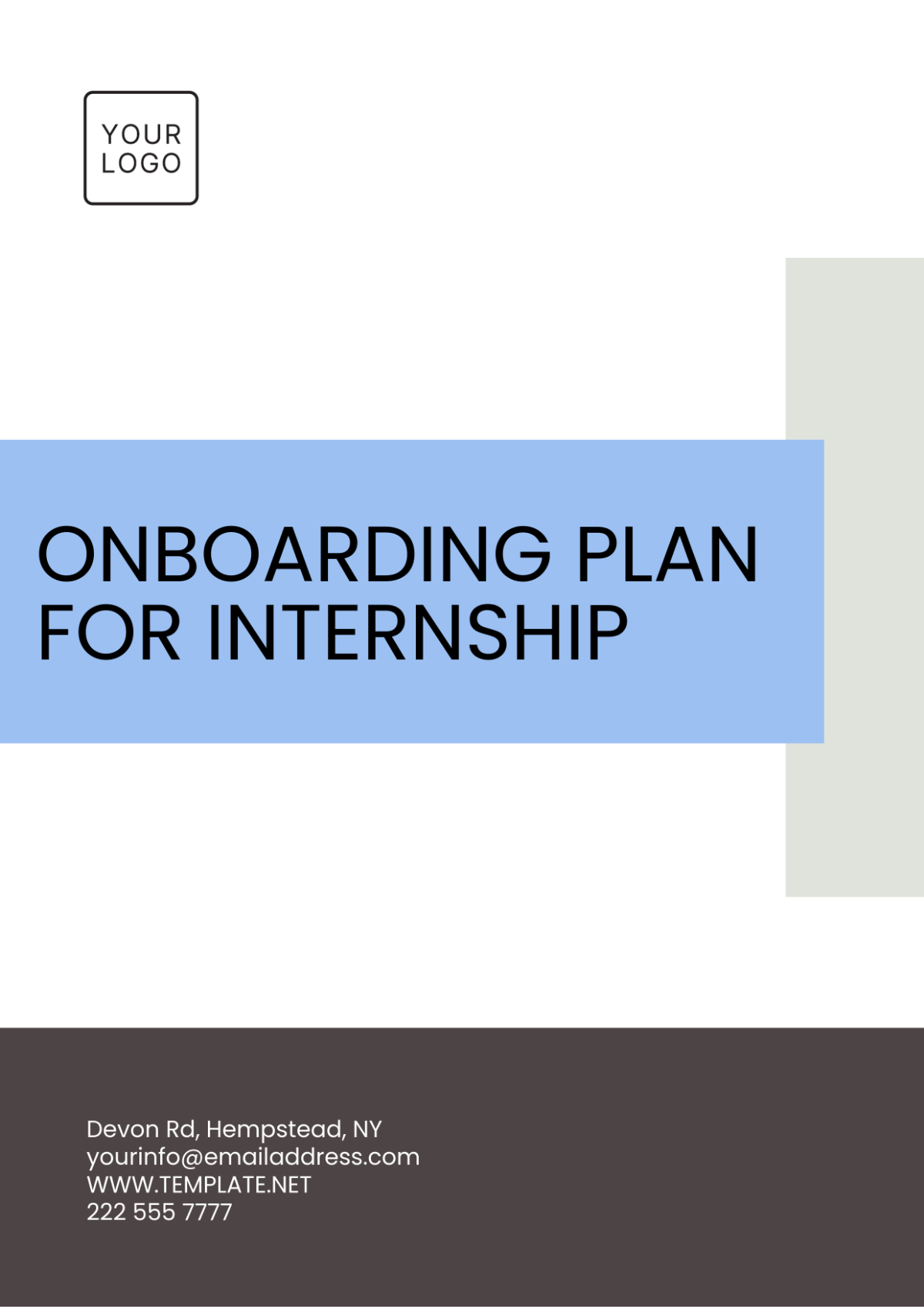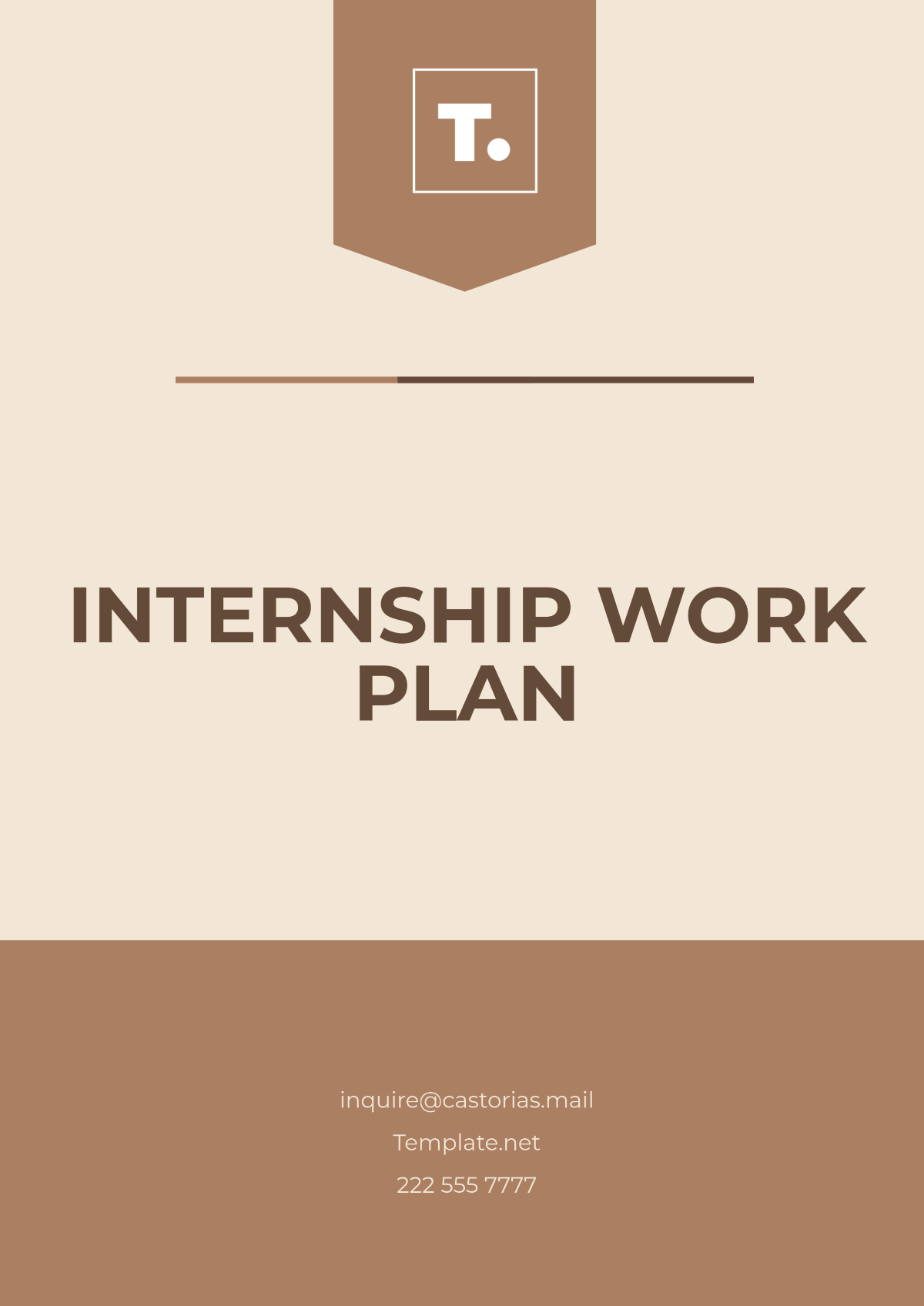Orientation Plan for Internship Program
I. Introduction
This orientation plan is meticulously crafted to acclimate interns to the internship program, ensuring they understand their roles and responsibilities while providing them with the necessary resources to thrive during their tenure. The plan aims to establish a structured learning environment, promote seamless integration into the organization, and set clear expectations from the outset. By fostering a welcoming and supportive atmosphere, we aim to cultivate an engaging experience that empowers interns to contribute meaningfully to our team.
II. Pre-Orientation Preparation
A. Communication
Welcome Email
Send a personalized welcome email that includes detailed program information, an agenda for the first week, and a brief overview of what to expect. This email will highlight the company’s culture and values to set a positive tone for their internship.Documentation List
Provide a comprehensive list of necessary documents to bring on the first day, such as identification, tax forms, and any additional materials required for compliance with HR protocols.
B. Onboarding Package
Company Overview Booklet
Include a detailed booklet that covers the company’s history, mission statement, core values, organizational structure, and key personnel. This will give interns a foundational understanding of the company’s operations and culture.Internship Guidelines and FAQ Document
Develop a clear set of guidelines that outline the expectations for behavior, work hours, dress code, and communication protocols. An FAQ section will address common concerns interns may have regarding their roles and the workplace environment.Access Credentials
Prepare access credentials for necessary software, systems, and internal communication platforms. Include instructions on how to set up these accounts before the first day to ensure a smooth onboarding experience.
C. Assign Mentor
Mentorship Assignment
Allocate a dedicated mentor who will serve as a primary point of contact for guidance, support, and career advice throughout the internship.Formal Introduction
Introduce the mentor to the intern through a formal email, outlining the mentor’s background, experience, and what the intern can expect from this relationship.
III. Day 1: Orientation Agenda
Time | Activity | Details |
|---|---|---|
9:00 AM | Welcome and Introductions | Meet the team, and icebreaker activities to foster connections. |
10:00 AM | Organizational Overview - Mission, Vision, and Values | Presentation by senior leadership highlighting company ethos. |
11:00 AM | HR Presentation - Policies, Code of Conduct | In-depth discussion on workplace policies, expectations, and benefits. |
12:00 PM | Lunch with Team | Informal lunch to encourage relationship-building among interns and staff. |
1:30 PM | Role-Specific Training Session | Tailored training focusing on intern's specific role and responsibilities. |
3:00 PM | Office Tour | Guided tour of the office, introducing key departments and facilities. |
4:00 PM | Q&A Session | Open forum for interns to ask questions and express concerns about their internship. |
IV. Week 1: Training & Development
A. Schedule
Day-by-Day Training Schedule
Provide a detailed training schedule that outlines daily activities, ensuring that interns know what to expect each day.Learning Objectives
Clearly defined learning objectives for each session will help interns track their progress and understand the relevance of the training to their roles.
B. Topics Covered
Technical Skill Workshops
Conduct hands-on workshops on tools and technologies relevant to their roles, such as software applications, data analysis techniques, or industry-specific practices.Soft Skills Development
Organize presentations and activities focused on critical soft skills, including communication, teamwork, problem-solving, and time management.Safety and Compliance Training
Ensure all interns complete mandatory safety training, including workplace safety protocols, emergency procedures, and compliance with industry regulations.
V. Performance Feedback
A. Regular Check-ins
Weekly Mentor Meetings
Schedule weekly one-on-one meetings with mentors to discuss progress, challenges, and areas for improvement. Encourage a culture of open communication where interns feel comfortable sharing their experiences.
B. Evaluation Criteria
Assessment Metrics
Establish clear assessment criteria based on participation, skill development, teamwork, and initiative. Provide a rubric to interns, so they understand how their performance will be evaluated.Mid-Term and Final Reviews
Conduct formal mid-term and final performance reviews, offering constructive feedback and highlighting areas of achievement and growth.
VI. Program Conclusion
A. Final Presentation
Intern Project Presentations
Organize a session where interns present their projects and achievements to the team, showcasing their contributions and what they have learned during their internship.
B. Exit Interview
Feedback Collection
Conduct exit interviews to gather qualitative feedback on the internship experience. This information will be invaluable for improving future internship programs and understanding the intern perspective.
C. Certification
Completion Certificate and Recommendations
Upon successful completion of the internship, provide interns with a certificate of completion and a personalized recommendation letter highlighting their skills and contributions to the organization.
